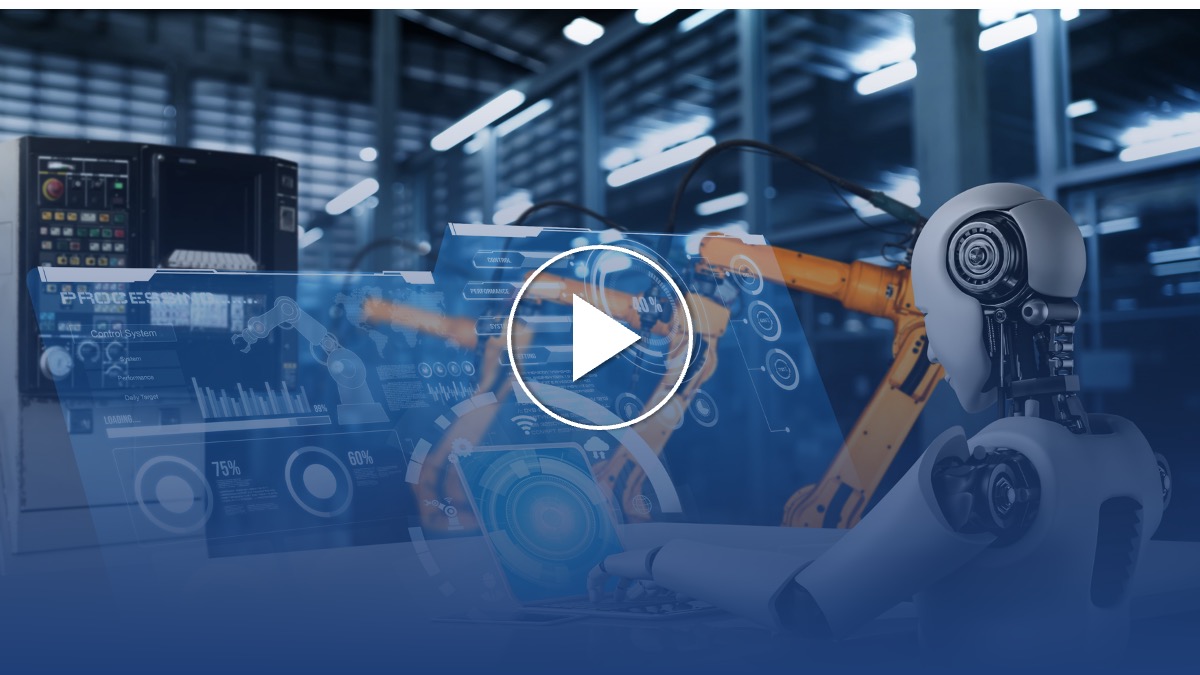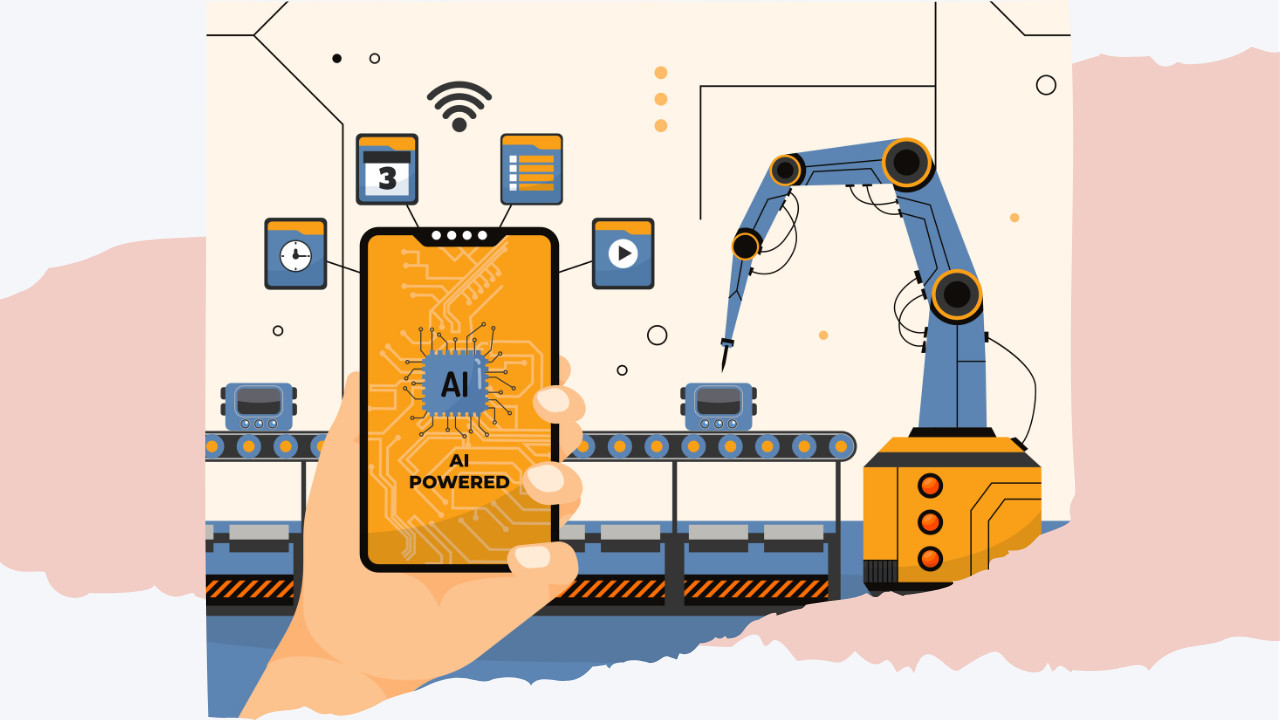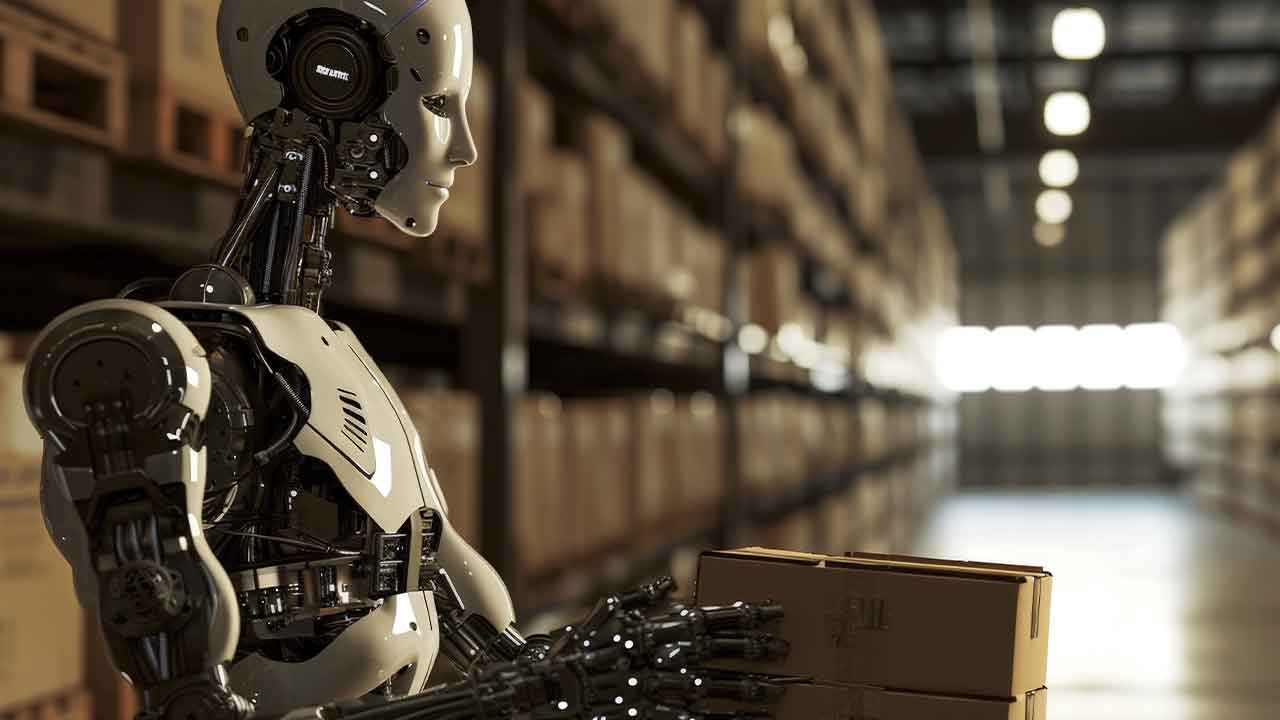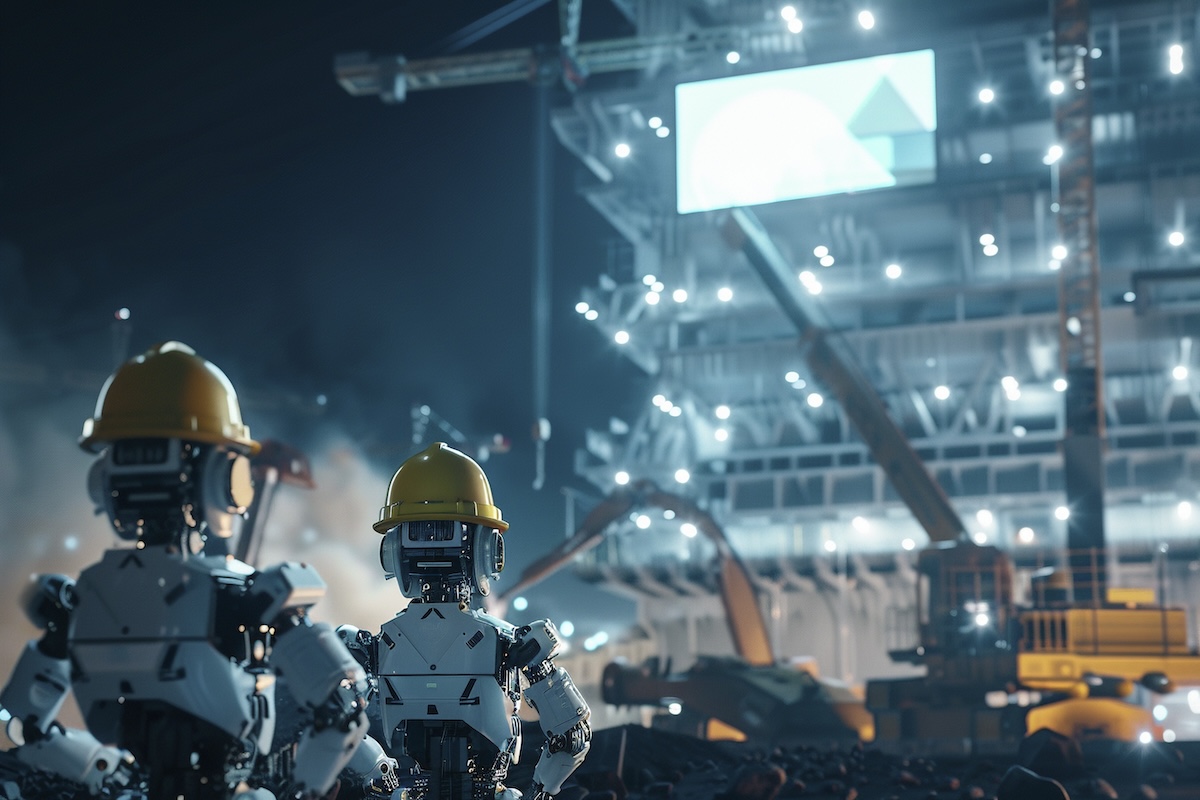Navigating the Skills Gap: AI’s Role in Modernizing Manufacturing
In an engaging interview at Hannover Messe, Brian May, Senior Managing Director, Industrial North America, Accenture, discusses the transformative impact of AI and digital solutions on the manufacturing industry, particularly in addressing the persistent skills gap. As industries navigate a landscape marked by rapid technological advances and significant labor shortages, AI and connected technologies emerge as critical tools for enhancing productivity and operational efficiency.
The Challenge of Skill Shortages in Manufacturing
Brian outlines the challenges the manufacturing sector faces, which he describes as a “perfect storm” of rising customer demands, energy transitions, and inflationary pressures compounded by a severe shortage of skilled labor. This shortage spans various roles, from production to engineering and servicing, hindering companies’ ability to maintain productivity and growth.
Leveraging AI for Enhanced Productivity
To overcome these challenges, Brian underscores the pivotal role of digital technologies, particularly AI, in augmenting the workforce’s capabilities. He showcases innovative applications at the fair, such as AI-enabled service tools that empower less experienced technicians to handle complex tasks. These tools, powered by generative AI, facilitate real-time, English-based interactions between technicians and the systems they service, providing step-by-step guidance that not only enhances job performance but also boosts customer satisfaction, reassuring the audience about the positive impact of AI on their work.
The Role of AI in Tackling Complex Services
One example Brian discusses is digitizing the service experience to allow technicians to interact intelligently with equipment through AI-driven chatbots. This technology speeds up new employees’ learning curve and enables them to undertake more complex service tasks without frequent oversight. Such advancements are crucial for industries that struggle to find enough qualified workers to keep up with technological and market demands.
Scaling AI Innovations
However, Brian points out that scaling these AI solutions is the real challenge. While many companies experiment with AI, transforming these experiments into comprehensive programs that reinvent processes and value chains is critical. He stresses the importance of focusing on substantial value creation, aligning workforce skills with new technologies, and ensuring responsible implementation.
Data Utilization and Platform Solutions
A significant barrier to AI adoption is the underutilization of data. With billions of connected devices generating vast amounts of data, only a fraction is effectively employed. Brian suggests that the fragmented nature of data systems within industrial manufacturing can be addressed by platforms that contextualize data, allowing companies to extract value without the lengthy process of system unification.
Leadership Mindset for Digital Transformation
Wrapping up the interview, Brian underscores the crucial role of leadership in propelling digital and AI transformations. Leaders should foster an environment that promotes experimentation and rapid adaptation while ensuring responsible technology use. By setting clear guidelines and supporting innovative endeavors, leaders can empower the audience to navigate the complexities of digital transformation in manufacturing.
The interview was recorded by Lucian Fogoros during the Hannover Messe 2024. This summary was created based on the video transcript with the assistance of https://chat.openai.com. It was edited by the IIoT World team.



